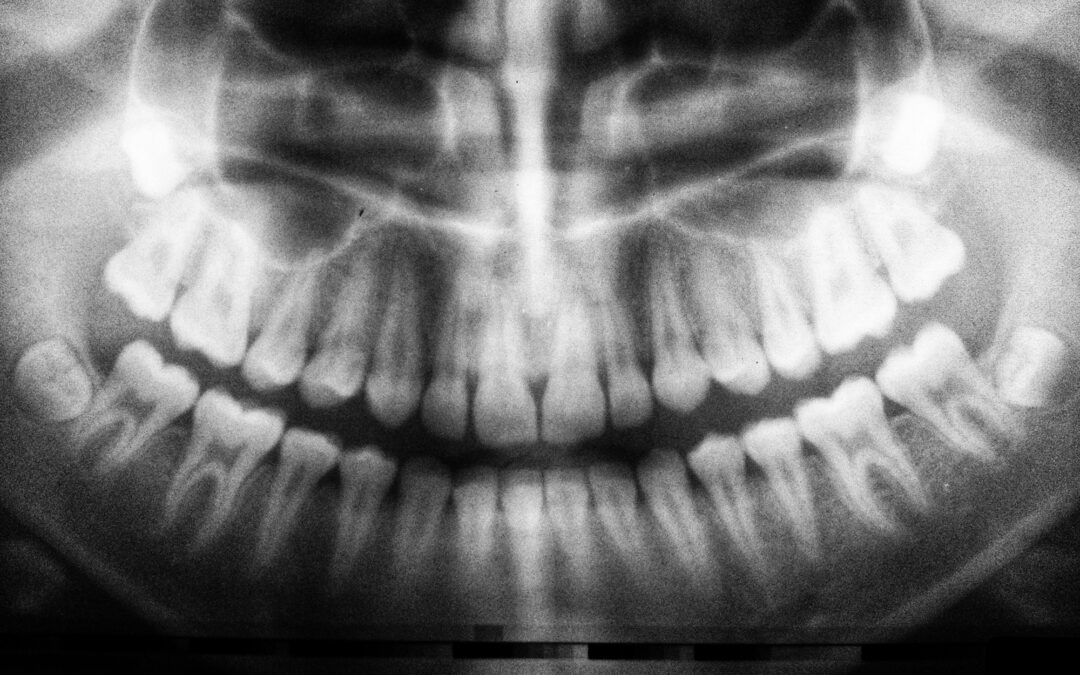Sensitive teeth are a common problem for many people around the world. Sensitive teeth are also referred to as hypersensitivity, which means that your teeth are more sensitive than normal. This can result in pain or discomfort when eating or drinking certain foods or sweets. Sensitive gums are another common problem that can occur alongside sensitive teeth. If your gums become irritated and inflamed when you brush them, this is known as gum hypersensitivity or gingivitis.
Signs and Symptoms of Sensitive Teeth and Gums
If you experience pain or discomfort when consuming hot or cold foods and beverages, it’s likely that your teeth and gums are sensitive. You may also notice increased sensitivity to sweet and sour foods.
If you have severe sensitivity, make sure to talk about it with your dentist – they can recommend treatment options to help with the pain.
Preventing Sensitive Teeth and Gums
There are steps you can take to help reduce your risk of developing sensitive teeth and gums. To prevent sensitive teeth and gums, try the following steps:
1. Use a fluoride toothpaste: Fluoride toothpaste help to prevent cavities and strengthen enamel so that it’s less likely to break down into tiny pieces that irritate nerve endings in the mouth. It also helps prevent gum disease by strengthening tissue around the roots of teeth, which helps keep them anchored in place rather than becoming loose over time due to trauma or periodontal disease, such as gingivitis.
2. Brush and floss your teeth twice daily: Using a soft-bristled toothbrush, brush your teeth for two minutes twice a day. If you have braces or other orthodontic work, be sure to brush around them as well. After brushing, ensure that you floss your teeth also.
When to See Your Dentist
Sensitive teeth and gums can be uncomfortable and sometimes even painful. Fortunately, there are various treatment options available to help reduce sensitivity. If you experience any of the following symptoms, make an appointment with your dentist as soon as possible:
- You are experiencing persistent pain or discomfort in your mouth.
- Your teeth become more sensitive to hot and cold temperatures.
- You notice any changes in your teeth or gums.
If you are experiencing tooth or gum sensitivity, contact our office today at (501) 381-0471


Recent Comments